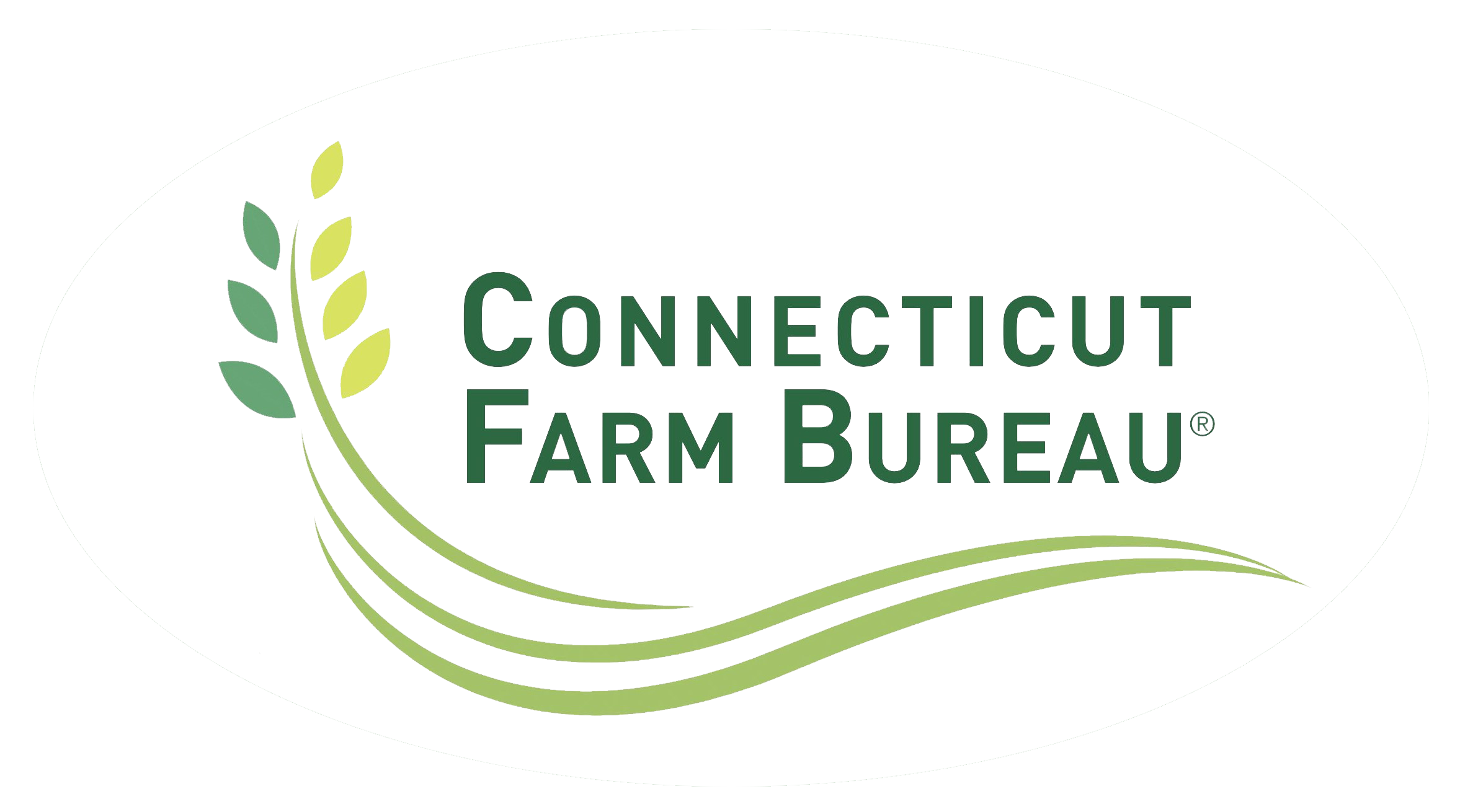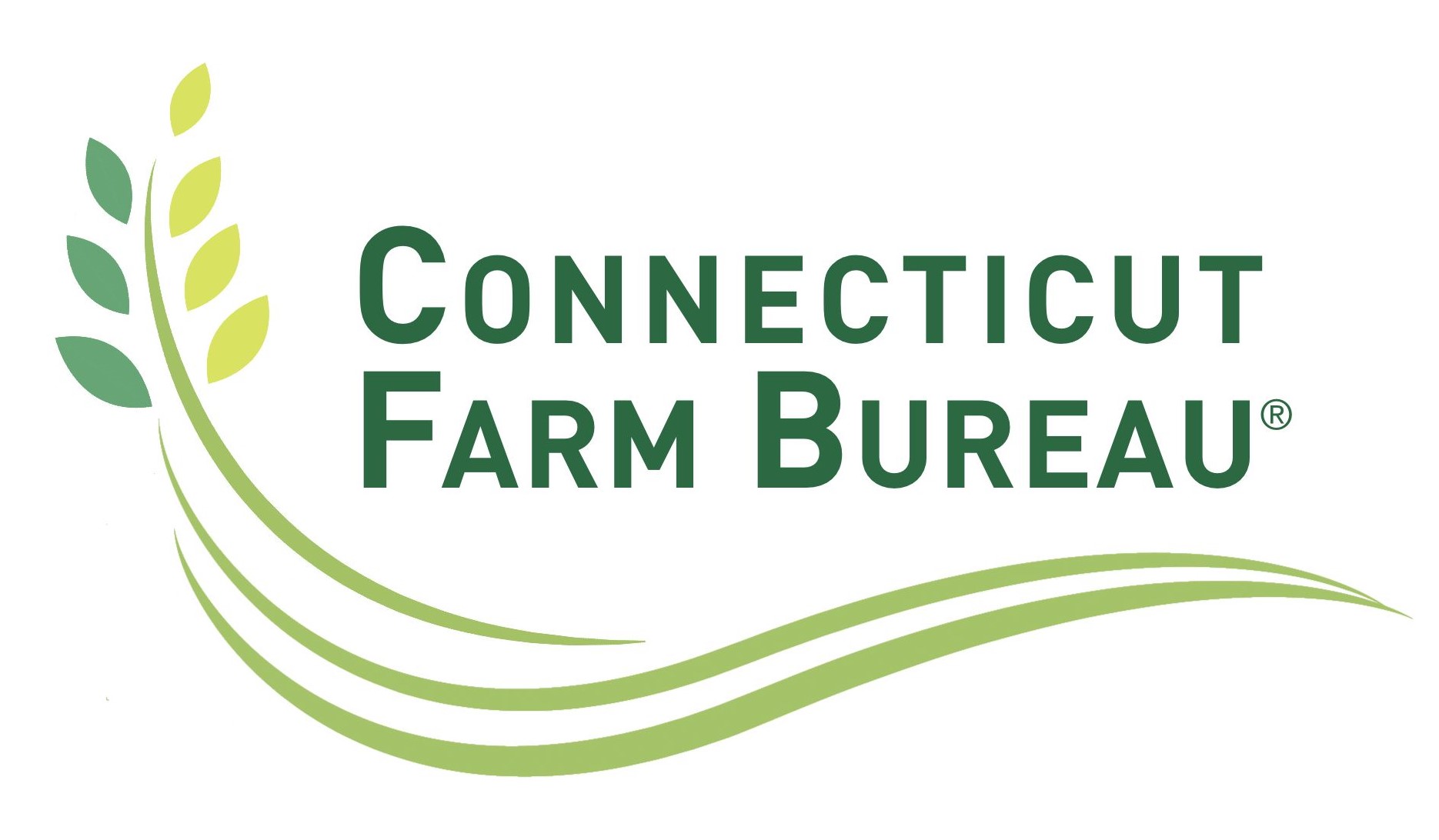Farm Labor
According to the 2010 University of Connecticut’s College of Agriculture and Natural Resources report, “Economic Impacts of Connecticut’s Agricultural Industry,” Connecticut agriculture generates 20,000 jobs statewide. Productive employees help grow farms and farm businesses. As a farm owner and employer it is important to keep current with the federal and state labor laws that protect workers and your business operations. Farm Bureau is here to help you with key questions, but you should start by knowing the laws that govern employers.
Below are resources and information on Connecticut and Federal Labor Laws for Connecticut farm business owners and employees.
Federal Labor Laws
The U.S. Department of Labor, Wage and Hour Division is responsible for administering a number of statutes that extend various protections to different types of agricultural workers. The coverage and requirements of these statutes may overlap. Since the interplay between the laws can be complex, please contact the nearest Wage and Hour District office with specific questions.
In addition to the resources provided, you are encouraged to visit the U.S. Dept. of Labor, Wage and Hour Division website for additional information relative to your farm labor situation and for updated information.
U.S. Department of Labor, Wage and Hour Division
Wage and Hour Division’s Agricultural Employment homepage
Hartford Connecticut District Office
US Dept. of Labor
Wage & Hour Division
Hartford, CT 06103-1111
1-866-4-USWAGE(1-866-487-9243) FAX: (860) 240-4029
New Haven Connecticut Area Office
US Dept. of Labor
Wage & Hour Division
150 Court Street
New Haven, CT 06510
1-866-4-USWAGE(1-866-487-9243) FAX: (203) 773-2380
Federal minimum wage, overtime, recordkeeping and child labor requirements for covered agricultural employers:
Fair Labor Standards Act (FLSA) contains federal minimum wage, overtime, recordkeeping, and child labor requirements for covered agricultural employers.
Fact Sheet #12: Agricultural Employers Under the Fair Labor Standards Act (FLSA)
Fair Labor Standards Act (Full version)
FLSA Agricultural Employees Poster
FLSA Recordkeeping Requirements Fact Sheet
Handy Reference Guide to the Fair Labor Standards Act
Wages, housing, transportation, disclosures and recordkeeping for migrant and seasonal agricultural workers:
The Migrant and Seasonal Agricultural Workers Protection Act (MSPA) protects migrant and seasonal agricultural workers by establishing employment standards related to wages, housing, transportation, disclosures and recordkeeping. The MSPA also requires farm labor contractors (FLCs) and farm labor contractor employees (FLCES) to register with the U.S. Department of Labor and to obtain special authorization before housing, transporting, or driving covered workers.
For Farm Labor Certificate Registration, General Guidance, Fact Sheets, Forms, Posters and Applicable Laws and Regulations pertaining to MSPA visit: http://www.dol.gov/whd/mspa/index.htm
Fact Sheet $49: The Migrant and Seasonal Agricultural Worker Protection Act (MSPA)
Wages, housing transportation and recordkeeping of temporary non-migrant agricultural workers (H-2A workers):
The H-2A visa program establishes standards related to recruitment, wages, housing, transportation, and recordkeeping for employers of temporary non-immigrant agricultural workers admitted to the country under section 218 of the Immigration and Nationality Act.
For an Overview, Key News, General Guidance, Fact Sheets, Posters, Presentations and Applicable Laws and Regulations pertaining to the H-2A visa program click here
Occupational Health and Safety Administration (OSHA):
The Occupational Health and Safety Administration is part of the U.S. Department of Labor. The role of OSHA is to assure safe and healthful working conditions for working men and women by setting and enforcing standards and by providing training, outreach, education and assistance.
Regional OSHA office (CT, RI, MA, ME, NH and VT)
JFK Federal Building
25 New Sudbury Street, Room E340
Boston, Massachusetts 02203
617-565-9860 (617) 565-9827 FAX
Minimum standards for sanitation and hygiene for covered agricultural settings:
Field Sanitation Provisions of the Occupational Safety and Health Act (OSHA) establish minimum standards for covered agricultural settings for toilets, potable drinking water, hand-washing facilities, and for providing information regarding good hygiene practices.
Fact Sheet #51: Field Sanitation Standards under the Occupational Safety and Health Act
For an Overview, General Guidance, Fact Sheets, Opinion Letters and Interpretive Guidance and Applicable Laws and Regulations pertaining to field sanitation provisions of OSHA click here
Youth Farm Labor:
The federal child labor provisions, authorized by the Fair Labor Standards Act (FLSA) of 1938, also known as the child labor laws, were enacted to ensure that when young people work, the work is safe and does not jeopardize their health, well-being or educational opportunities. These provisions also provide limited exemptions.
For an Overview, General Guidance, Fact Sheets, e-Tools, Publications, Interpretative Guidance, Applicable Laws and Regulations, Rulemaking Resources, Presentations and Child Labor CMP Assessment Amounts pertaining to child labor, click here
Agricultural Employer’s Pocket Guide on Youth Employment
Child Labor Requirements in Agricultural Occupations Under the Fair Labor Standards Act (FLSA)
Fact Sheet #40: Federal Youth Employment Laws in Farm Jobs
Worker Protection Standard
for Agricultural Pesticides:
The U.S. Environmental Protection Agency (EPA)’s current Agricultural Worker Protection Standard (WPS) is a regulation published in 1992 that is aimed at reducing the risk of pesticide poisoning and injury among agricultural workers and pesticide handlers. The current WPS offers occupational protections to over 2 million agricultural workers (people involved in the production of agricultural plants) and pesticide handlers (people who mix, load, or apply crop pesticides) that work at over 600,000 agricultural establishments (farms, forests, nurseries and greenhouses).
The WPS requires that owners and employers on agricultural establishments provide protections to workers and handlers from potential pesticide exposure, train them about pesticide safety, and provide mitigations in case exposures may occur.
For more information click here
State:
Connecticut Department of Labor 200 Folly Brook Boulevard
Wethersfield, CT 06109 Phone: (860) 263-6000
dol.webhelp@ct.gov
For guidance and information on Connecticut labor laws and programs click click here
Connecticut labor laws and legislation by subject
Connecticut Department of Labor, Division of Wage and Workplace Standards:
The Wage and Workplace Standards Division has jurisdiction over the laws and regulations in employer-employee relationships covering 1.6 million workers and 97,000 employers in Connecticut. Among these laws are minimum wage, overtime, wage payment, prevailing wage, and employment of minors click here
Guidance and information on Connecticut’s Paid Sick Leave Law
Unemployment Compensation:
Workers’ Compensation:
The Workers’ Compensation Commission (WCC) administers the workers’ compensation laws of the State of Connecticut with the ultimate goal of ensuring that workers injured on the job receive prompt payment of lost work time benefits and attendant medical expenses. To this end, the Commission facilitates voluntary agreements, adjudicates disputes, makes findings and awards, hears and rules on appeals, and closes out cases through full and final stipulated settlements.
For guidance, information, laws and legislation, publication and WCC office locations click here
An Employee’s Pocket Guide To Connecticut Workers’ Compensation
Additional Resources:
National Council for Compensation Insurance’s Overview of Workers’ Compensation Insurance
The Basics of Agriculture Labor Laws: Attorney Jessica Wragg, Robert Noonan & Associates

